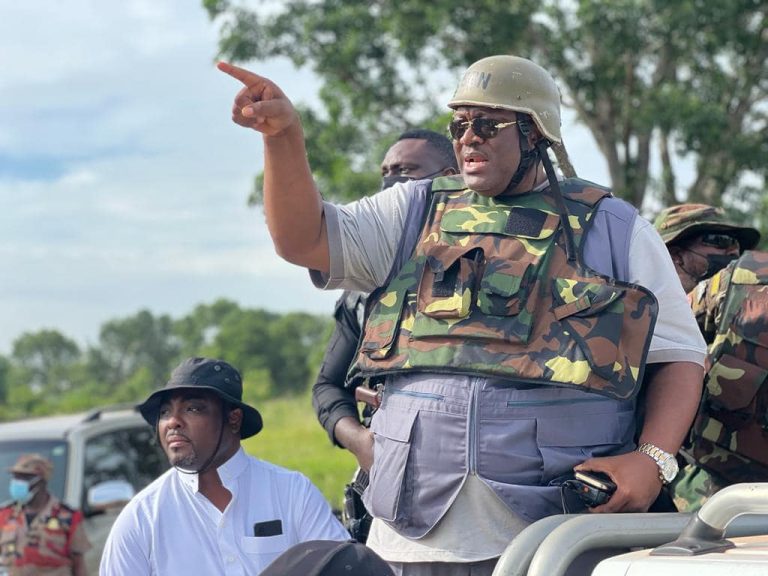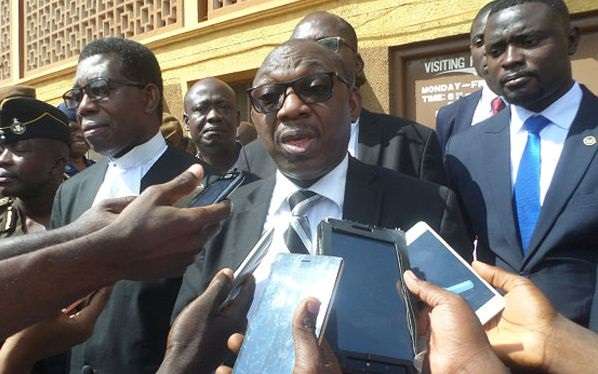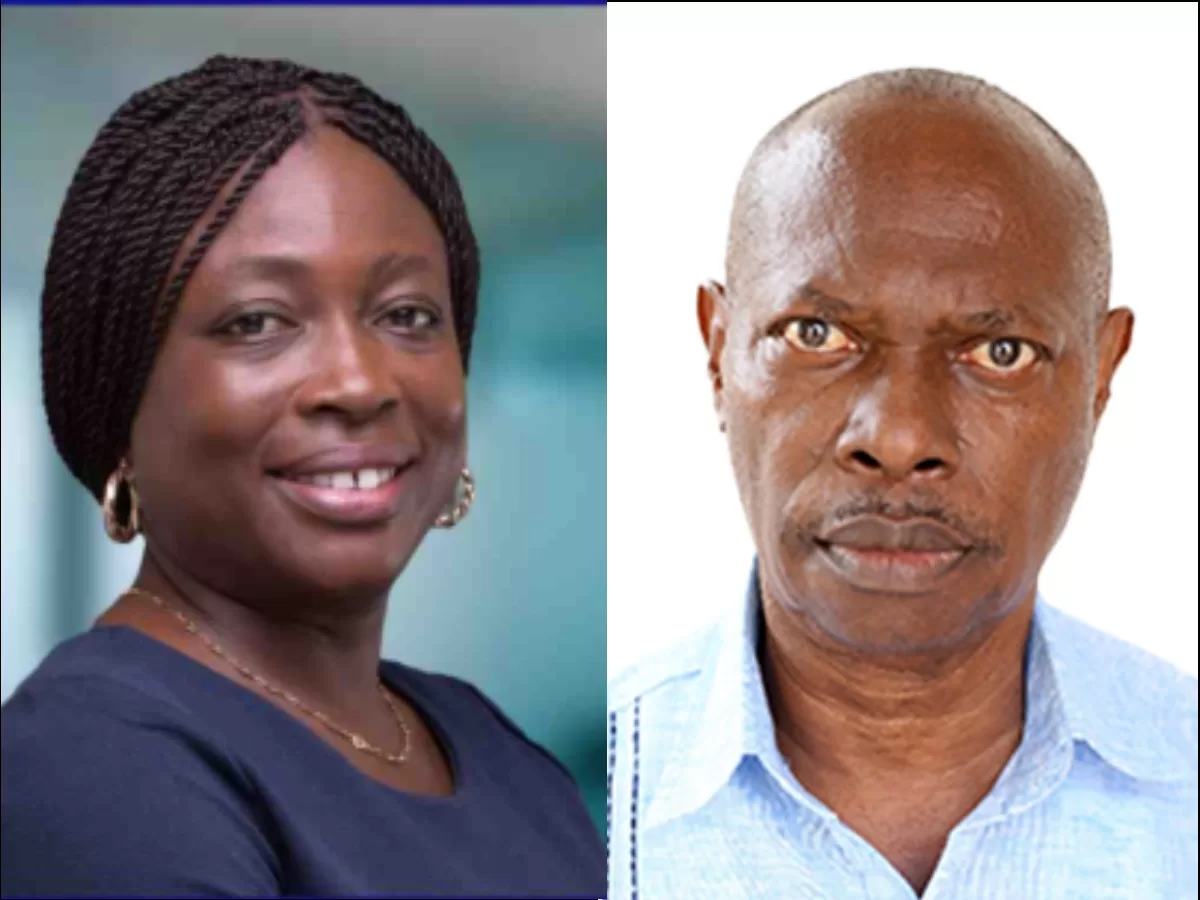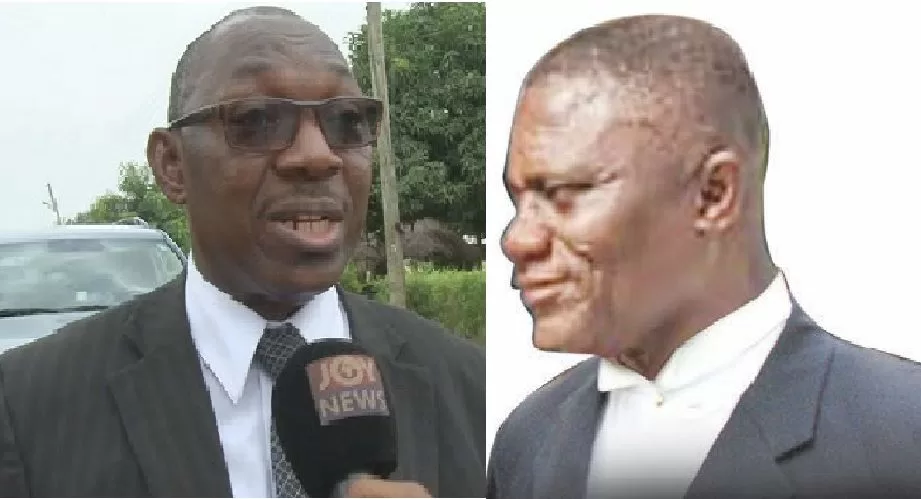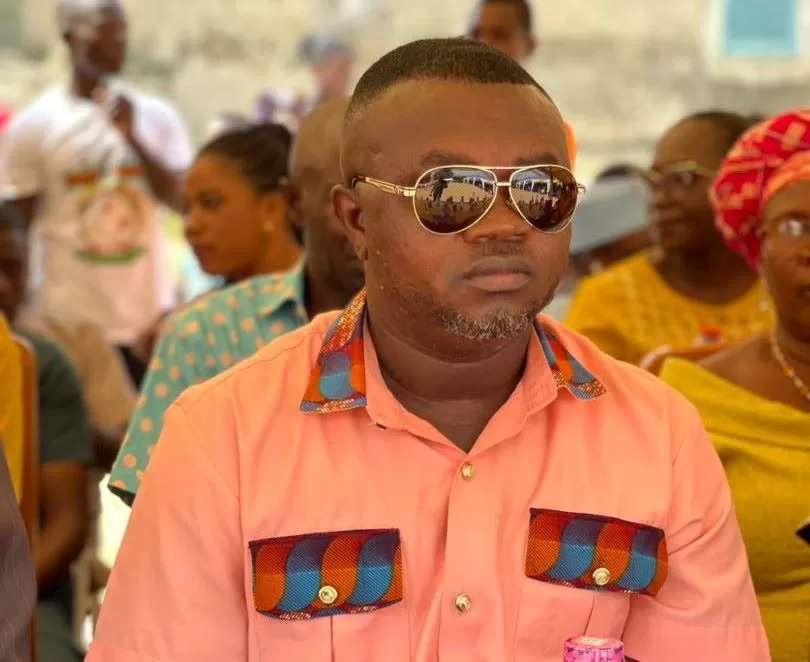The ongoing trial of former COCOBOD boss and two others took an interesting twist on Monday, when the trial judge, who is currently on retirement, and the Director of Public Prosecution, sought to interpret a contentious constitutional provision.
The provision in question, Article 145(4) states: “Notwithstanding that he has attained the age at which he is required by this article to vacate his office, a person holding office as a Justice of a Superior Court or Chairman of a Regional Tribunal may continue in office for a period not exceeding six months after attaining that age, as may be necessary to enable him to deliver judgment or do any other thing in relation to proceedings that were commenced before him previous to his attaining that age”.
The constitutional crisis that became the bone of contention was, who has the mandate to extend the retirement of a superior court judge appointed by the president: is it the president who is the appointing authority or the Chief Justice who is the administrative head of the judiciary?
The former COCOBOD Chief Executive, Dr. Stephen Opuni and businessman Seidu Agongo as well as Agricult Ghana Limited, are facing 27 charges, including willfully causing financial loss to the state and contravention of the Public Procurement Act in the purchase of Lithovit liquid fertiliser between 2014 and 2016.
The case is being heard by Justice Clemence Honyenuga, as an additional High Court judge, who officially retired as a Supreme Court judge on September 4 when he attained the age of 70.
When the case was called on November 14, counsel for Dr. Opuni, Samuel Codjoe moved a motion asking the retired judgement to stay off the case because he is on retirement. The lawyer also pointed out that the Chief Justice acted unconstitutionally when he asked the retired judge to continue to hear the case.
The lawyer decided to rely on Article 144 (11), which Justice Honyenuga on July 28 referenced as the basis for his continuous stay on the case as directed by the Chief Justice.
Justice Honyenuga promptly drew the attention of the counsel for Dr. Opuni that the article he, the judge, quoted was in error. He therefore, for the first time, read the purported letter from the Chief Justice in court, which then corrected the error.
The judge pointed out that the correct article he should have cited on July 28 was Article 139 (1c).
But lawyer Codjoe insisted, “my lord it is not an error, we are submitting that the Chief Justice engaged in an unconstitutional act when he purported to extend the tenure of your lordship under Article 144 (11).”
The lawyer also made reference to Attorney General’s affidavit in opposition to his motion, which in paragraphs 3 and 4 stated that “your extension is under 144 (11)”.
He therefore stressed, “when therefore the CJ gave the warrant, even if it is not under Article 144 (11), he acted unconstitutionally, he usurped the powers of the president”.
Mr. Codjoe had also argued, “it is only the person who has the power to appoint who can grant extension. The Chief Justice has no power to appoint a Supreme Court judge”.
But the Director of Public Prosecution Yvonne Attakora Obuobisa opposed the application, noting that it has no basis in law.
She argued that the Chief Justice has the power under the constitution to grant the extension to Justice Honyenuga to sit for a limited period of time.
“My lord the power of the Chief Justice to do so is found in Article 139 (1c).”
She also cited Article 145 (1, 2 and 4) and argued, “my lord in a very simple term, this means your lordship on attaining the age of 70, you may continue in office for a period not exceeding six months…”
Even though Article 145 (4) was silent on who should give the extension, the director of public prosecution sought to interpret the constitution by suggesting that the framers of the constitution had the Chief Justice in mind.
“In articles 144 and 146 the drafters of the constitution clearly said it is the president who appoints and removes justices of the superior court. Nowhere in Article 139 or 145(4) is the president mentioned,” Yvonne Attakora Obuobisa stated.
She therefore urged the court to dismiss the application.
Justice Honyenuga subsequently dismissed the application. He stated that the Chief Justice as the administrative head of the judiciary has the power under the constitution, to grant an extension to a retiring judge.
“The argument that it is the president who appoints and therefore it is the president who should grant the extension is neither here nor there,” the judged ruled.
He further stated that Article 145 must be read in conjunction with Article 139.
Meanwhile, legal practitioner and Member of Parliament for South Dayi, Rockson-Nelson Dafeamekpor has questioned the action of the Chief Justice.
“In re the extension of time of Hoenyenuga JSC by the CJ: the Constitutional Question is: Can the CJ extend the life of a Supreme Court Judge beyond his statutory 70yr tenure? Remember, the Prez is the Appointing authority. Also, is the Parliamentary vetting valid beyond 70yrs?,” he tweeted.
Information available to Newstitbits.com suggests that Dr. Opuni would likely proceed to the Supreme Court for interpretation of Article 145 (4).
The case has been adjourned to November 23 for continuation.



